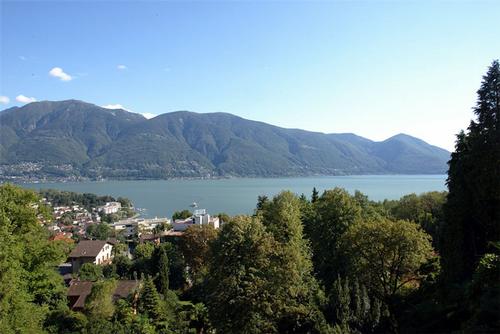Monte Verità 2012
Quantum Systems and Technology
June 17 - 22, 2012
Centro Stefano Franscini, Monte Verità, TI
The continuous development of atomic, electronic, and photonic systems and devices, in combination with novel ideas from quantum information science, push the frontier in our ability to control and manipulate quantum mechanical systems and provides us with new avenues for future technology. Today's control on quantum systems follows many routes: in atomic physics, large ensembles of atoms or molecules are cooled, trapped, subjected to optical lattices and large/long-ranged interactions, in order to implement generic Hamiltonians and simulate complex quantum mechanical systems. In mesoscopic physics, single spins, electrons, Cooper pairs, or ions are trapped and controlled such as to define individual quantum bits, the elementary building block of quantum information. Joining such systems in controlled networks, non-trivial quantum operations (entanglement) and elementary quantum algorithms can be implemented, defining the first steps towards quantum computing. The combination of different types of physical degrees of freedom (e.g., photons in cavities and transmission lines with superconducting qubits or quantum dot qubits) into hybrid systems enhances significantly the performance of the quantum hardware. Novel ideas are pursued to protect these systems from decoherence, a very prominent idea being the use of novel materials such as topological insulators which can be combined with superconductors to provide Majorana Fermions; along similar lines, the potential usefulness of the 5/2 quantum Hall state for topological computing is heavily investigated. Other new approaches are the concept of dissipative quantum computing using specially designed couplings and environments or novel algorithms exploiting topological computing.
Organizing Committee (all ETH Zurich)
Gianni Blatter, Theoretical Physics,
Klaus Ensslin, Laboratory for Solid State Physics,
Tilman Esslinger, Institute for Quantum Electronics,
Andreas Wallraff, Laboratory for Solid State Physics,

